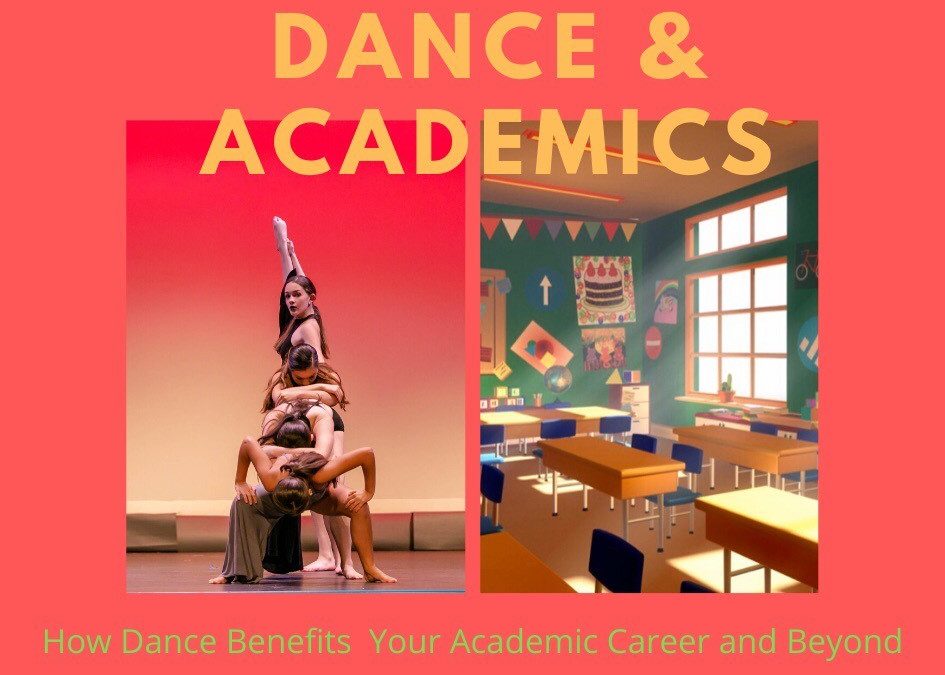Accountability
In dance, there is a high-level of accountability needed. Dancers are held accountable for maintaining the dress code, remembering choreography, being on time and much more. This translates into their academics. Dancers are taught the impacts of not following through on their responsibilities and they know the importance of it. For example, they need to remember choreography not only so they don’t mess up on stage but so all the dancers look strong and cohesive. These practices will follow through in their everyday life and make them hard workers and great teammates!
Increases Cognitive Brain Function
Students must constantly push themselves to learn and adapt when it comes to learning new steps, choreography, and improving their overall technique. In an article from Stanford it was stated that, “Dancing integrates several brain functions at once — kinesthetic, rational, musical, and emotional — further increasing your neural connectivity.” Dancers are constantly challenged and forced to use their brains, therefore creating more neural pathways. In other words, it is scientifically proven that dance makes you a smarter person!
Independence
Dancers become very independent. Of course, they rely on each other and work together to create beautiful routines but it is down to the core a solo activity. Dancers can only get out of it what they put in. A teacher can tell someone what to do throughout class every day for years but it is up to the dancer how much they retain and apply to themselves. Dancers need to have their own push to improve their abilities and become better artists. This independence goes a long way! It gives students a great sense of self and a willingness to do things on their own.
Sources:
- “6 Reasons Dance Training Makes Us Better Human Beings”- Dance Magazine
- “Use It or Lose It: Dancing Makes You Smarter, Longer.”- Stanford Dance-by Richard Powers

